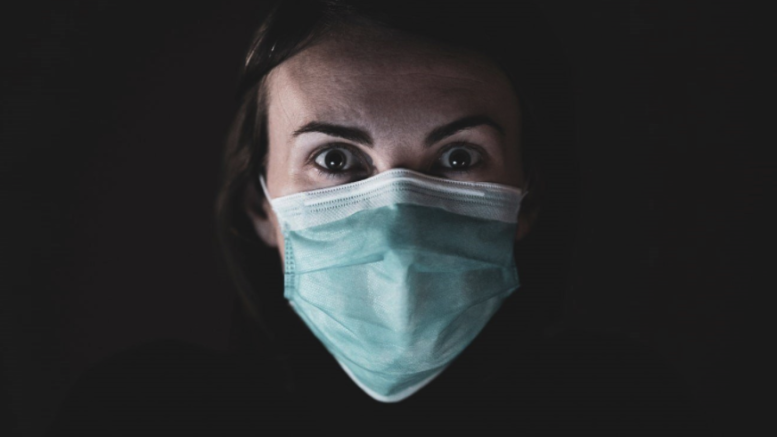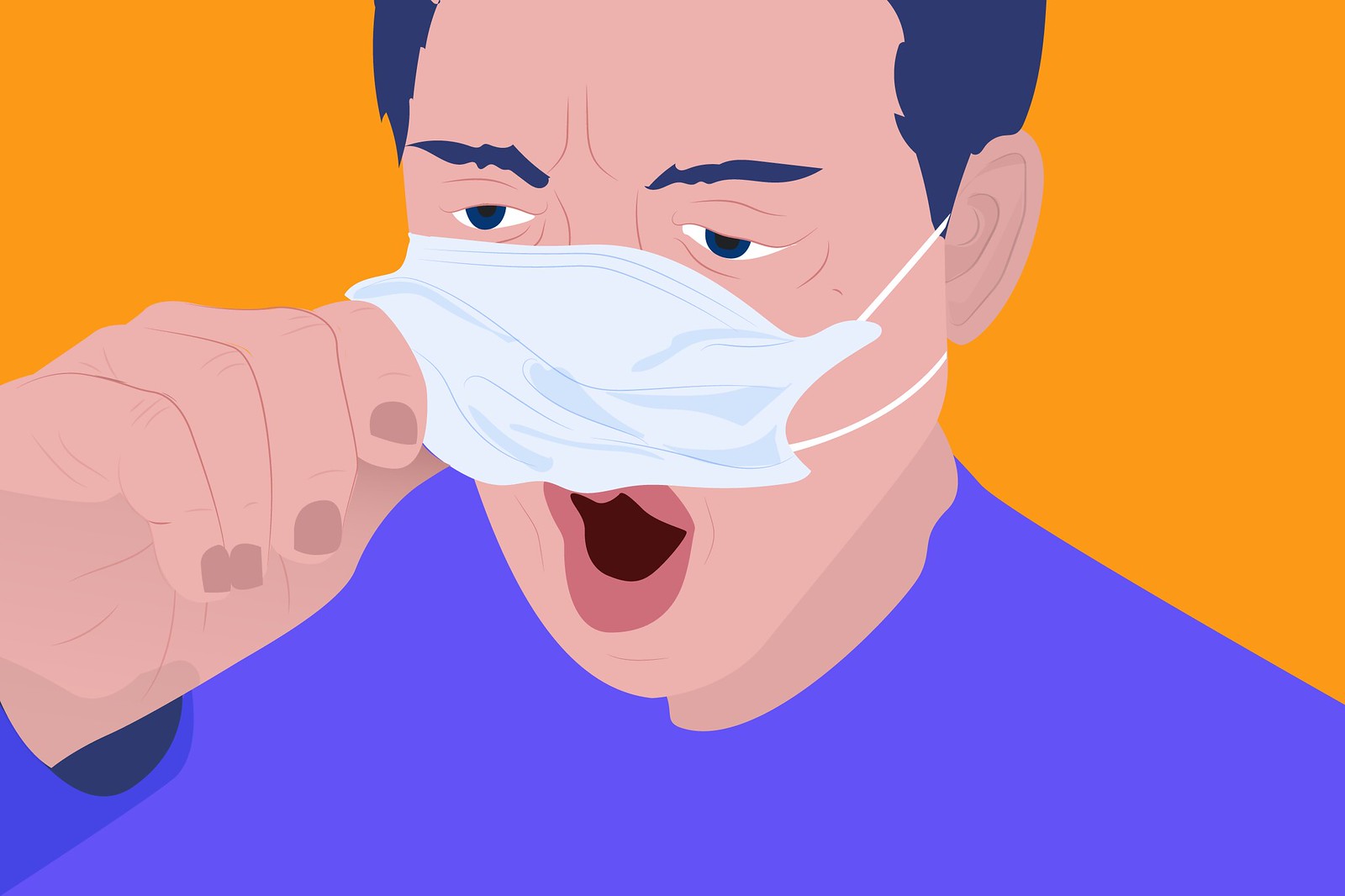
Face Masks Pose Serious Risks To The Healthy
By wearing a mask, the exhaled viruses will not be able to escape and will concentrate in the nasal passages, enter the olfactory nerves and travel into the brain.
We have seen a number of medical practices that have little or no scientific support as regards reducing the spread of COVID-19 infection. One of these measures is the wearing of facial masks, either a surgical-type mask, bandana or N95 respirator mask. When this pandemic began and we knew little about the virus itself or its epidemiologic behavior, it was assumed that it would behave, in terms of spread among communities, like other respiratory viruses. Little has presented itself after intense study of this virus and its behavior to change this perception.
Now that we have established that there is no scientific evidence necessitating the wearing of a face mask for prevention, are there dangers to wearing a face mask, especially for long periods? Several studies have indeed found significant problems with wearing such a mask. This can vary from headaches, to increased airway resistance, carbon dioxide accumulation, to hypoxia, all the way to serious life-threatening complications.
One should not attack and insult those who have chosen not to wear a mask, as these studies suggest that is the wise choice to make.
THERE IS NO CONCLUSIVE EVIDENCE OF MASK EFFICIENCY






